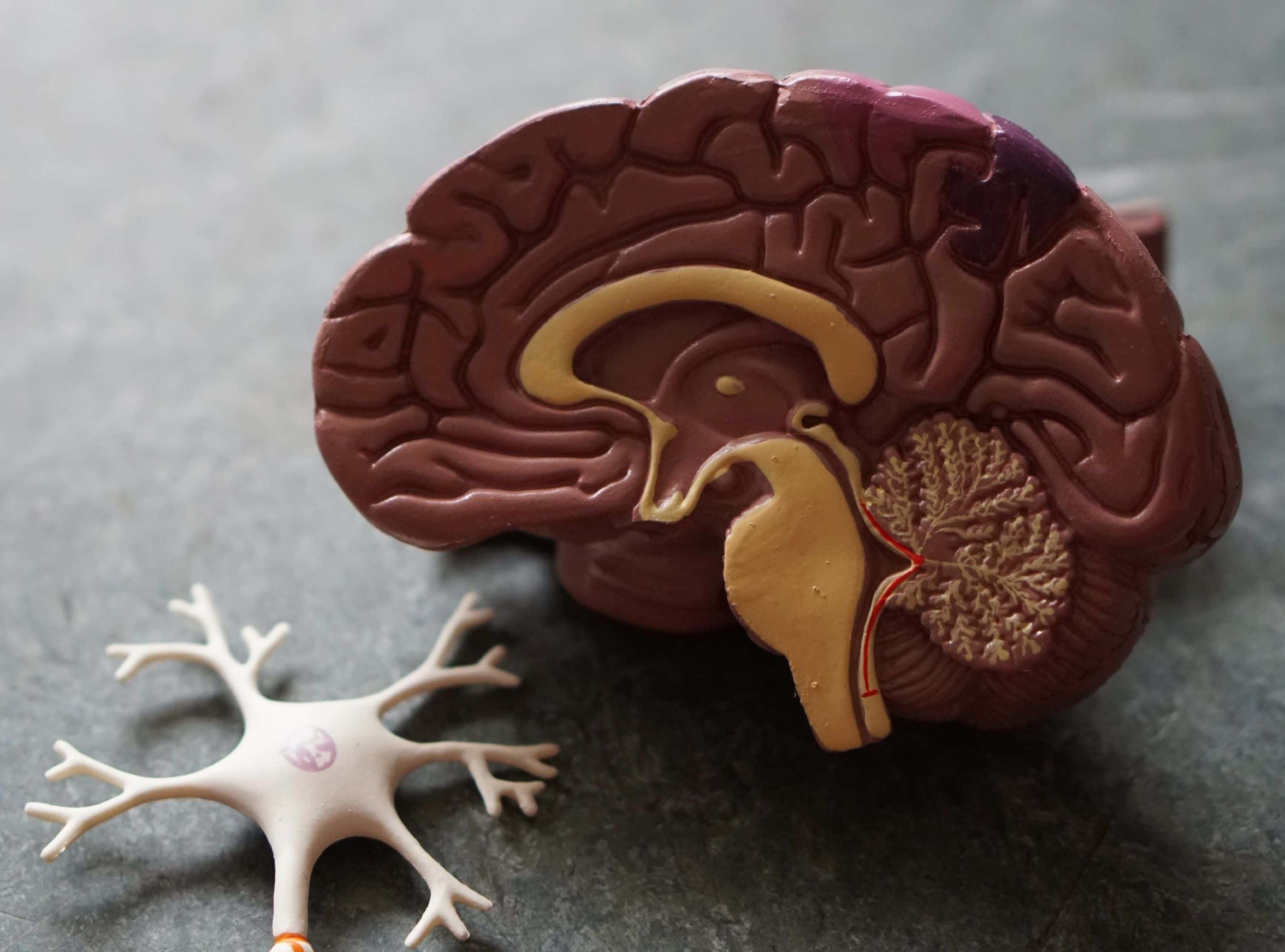Court: Supreme Court of MississippiJurisdiction: FederalCase Name: Troupe v. McAuleyCitation: 2007 Miss. LEXIS 348
Facts
The plaintiff underwent surgery to remove a benign tumor in her left middle ear, performed by the defendant, a neuro-otolaryngologist (an ENT specialist focusing on neurology). During surgery, the defendant made contact with what he thought was the tumor but was actually a double anomalous carotid artery. This caused a rupture that the defendant could not stitch, so instead, he stopped the bleeding with surgical packing. The plaintiff was then transferred to another hospital to undergo treatment by an interventional radiologist. After her treatment, the plaintiff was sent to a rehabilitation center for therapy. Here, she developed a movement disorder that doctors concluded was not due to her previous surgery, but rather, a psychological issue. Nevertheless, the plaintiff filed a medical malpractice suit. The plaintiff retained a neurosurgery expert witness to support her case. Upon the trial court’s refusal to accept the expert witness, the plaintiff appealed to the state’s supreme court.
Neurosurgery Expert Witness
The neurosurgery expert was a physician, a neurosurgeon, and a lawyer. He was board certified in neurosurgery and actively continuing his medical education, though not currently practicing as a neurosurgeon. He also had a law degree from Wake Forest University. In preparation to testify, the expert reviewed the plaintiff’s medical records from the medical center and the hospital where she was treated. The expert testified that the standard of care had been breached by not ruling out the presence of an aneurism or an aberrant artery during surgery and that this breach had led to the plaintiff’s movement disorder. The plaintiff’s counsel had urged the trial judge to consider the expert as an expert in neurosurgery rather than otolaryngology or neuro-otolaryngology.
Discussion
The trial court decided the neurosurgery expert was not qualified to testify in this case solely because he had not defined, on the basis of experience or otherwise, that he understood the standard of care. Therefore, he couldn’t reliably argue how the standard had been broken.
The court explained that the expert was qualified as a neurosurgeon, however, he had never performed middle ear surgery. The defendant surgeon was a neuro-otolaryngologist, thus, the neurosurgery expert could not provide accurate insight on the required standard of care of the patient in this scenario. The trial court found the expert’s testimony to be inadmissible and unable to show a causal link between the movement disorder and the surgery.
Upon the plaintiff’s appeal, the state supreme court affirmed that the circuit court had not erred in refusing to accept the expert’s testimony on the standard of care applicable to the defendant neuro-otolaryngologist under Miss. R. Evid. 702. They explained that the expert was a neurosurgeon without experience with middle ear surgery, whereas, the defendant was a neuro-otolaryngologist doing middle ear surgery. As a result, the expert was unable to provide insight into the required standard of care.
Held
The state supreme court upheld the trial court’s decision to exclude the neurosurgery expert’s testimony.
About the author
Wendy Ketner, M.D.
Dr. Wendy Ketner is a distinguished medical professional with a comprehensive background in surgery and medical research. Currently serving as the Senior Vice President of Medical Affairs at the Expert Institute, she plays a pivotal role in overseeing the organization's most important client relationships. Dr. Ketner's extensive surgical training was completed at Mount Sinai Beth Israel, where she gained hands-on experience in various general surgery procedures, including hernia repairs, cholecystectomies, appendectomies, mastectomies for breast cancer, breast reconstruction, surgical oncology, vascular surgery, and colorectal surgery. She also provided care in the surgical intensive care unit.
Her research interests have focused on post-mastectomy reconstruction and the surgical treatment of gastric cancer, including co-authoring a textbook chapter on the subject. Additionally, she has contributed to research on the percutaneous delivery of stem cells following myocardial infarction.
Dr. Ketner's educational background includes a Bachelor's degree from Yale University in Latin American Studies and a Doctor of Medicine (M.D.) from SUNY Downstate College of Medicine. Moreover, she is a member of the Board of Advisors for Opollo Technologies, a fintech healthcare AI company, contributing her medical expertise to enhance healthcare technology solutions. Her role at Expert Institute involves leveraging her medical knowledge to provide insights into legal cases, underscoring her unique blend of medical and legal acumen.



